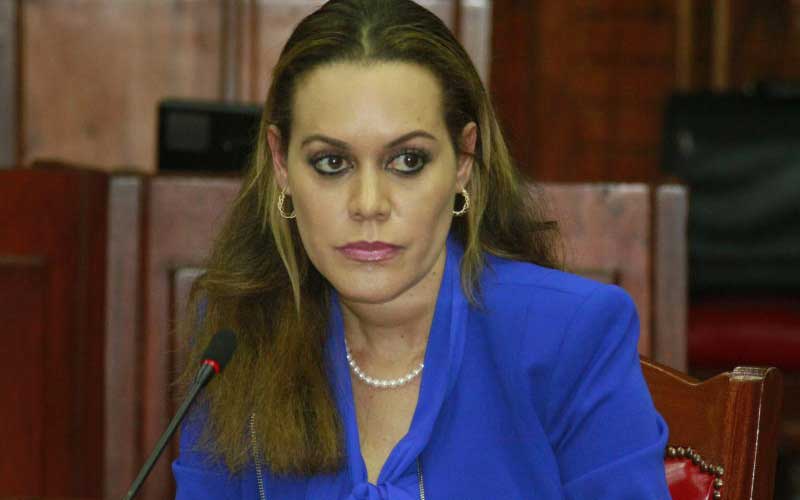×
The Standard e-Paper
Join Thousands Daily

President Uhuru Kenyatta is in a fresh dilemma after the National Assembly took a hard-line stance in relation to nomination of Mwende Mwinzi as ambassador to Seoul, South Korea.
The lawmakers were however split in their decision on the appointment of dual citizenship holders as envoys, as the debate rages on who is a state officer or public officer.